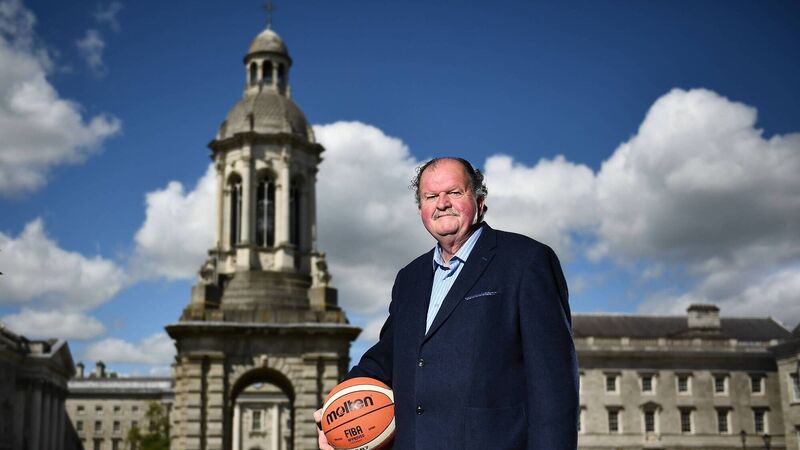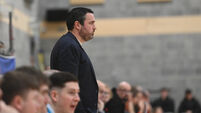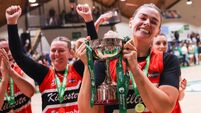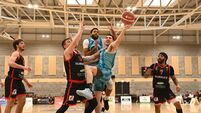Kieran Shannon: Whatever the outcome, Bernard O’Byrne case likely to hurt Irish basketball

As well as being CEO and secretary general of Basketball Ireland, Bernard O’Byrne is the president of the FIBA Small Nations Commission. Picture: David Fitzgerald/Sportsfile












